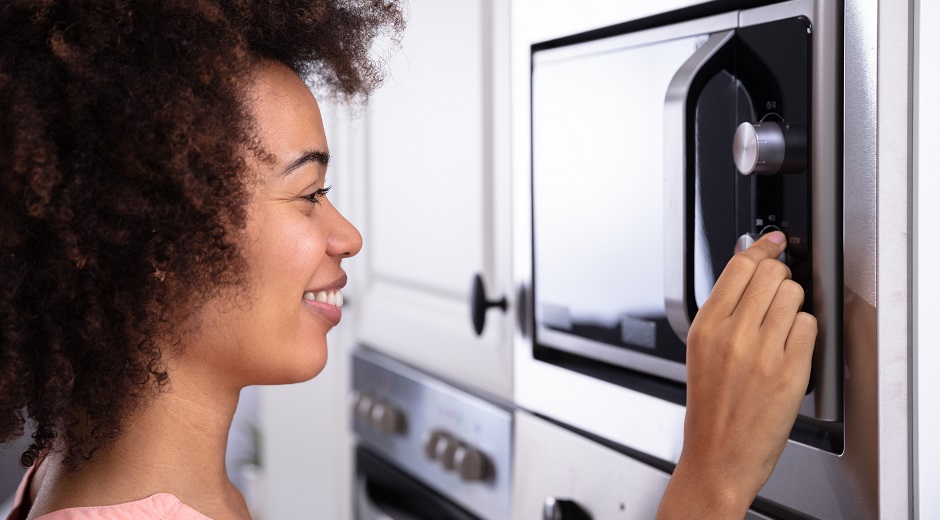FirstEnergy Offers Energy-Saving Tips to Customers During Coronavirus Pandemic
More and more people are home as statewide school closings and stay-at-home orders have been utilized to help stop the spread of coronavirus. For some customers, this may mean that home electrical usage will increase by a significant amount until their normal habits can resume.
FirstEnergy remains committed to providing customers with the reliable electric service they need to power their daily lives throughout the pandemic while also offering tips to help customers practice energy efficiency while they are in their homes:
- Unplug electronic device chargers from outlets when they are not being used or when devices are fully charged. Leaving unused appliances and chargers plugged in wastes energy because they are on standby mode, which is still using electricity.
- Turn off your video game console when it is not in use. Most game consoles use as much energy in the “idle” mode as in the “active” or “game on” mode. The annual electricity usage for a video game console that is always turned on is nearly 10 times as much as a console that is turned off when not in use.
- Use your microwave whenever possible. Microwaves draw less than half the power of their conventional counterparts and cook for a much shorter period of time. For example, an item that needs to be cooked in a full-sized oven at 350°F for one hour will take only 15 minutes to cook in a microwave on the “high” setting.
- When operating an electric oven, attempt to cook as much of the meal in it at one time as possible. Foods with different cooking temperatures can often be cooked simultaneously at one temperature – variations of 25 degrees in either direction still produce good results and save energy.
- Don’t keep your refrigerator or freezer colder than necessary. For the food compartments, recommended temperatures are 37-40 degrees for the refrigerator and 5 degrees for the freezer.
- Keep the overhead door of an attached garage closed to block cold winds from infiltrating the connecting door between the house and garage.
- Provide efficient “task” lighting (over desks, tool benches, craft tables, etc.) so that work and leisure activities can be done without illuminating entire rooms.
- When possible, place floor, table, and hanging lamps in the corner of a room rather than against a flat wall. Lamps in corners reflect light from two wall surfaces instead of one and, therefore, give more usable light.
- Avoid over-drying clothes and towels in electric dryers. This not only wastes energy, but harms fabrics as well.
- Heating and cooling take up about 50 percent of the typical home’s total energy bill, costing the average homeowner more than $700 per year. Taking measures to reduce the stress on a home’s heating and cooling systems, such as installing a smart thermostat or opening windows during moderate weather can go a long way in making a home more energy efficient.
For more information about energy efficiency, please visit www.firstenergycorp.com/saveenergy.
CONTACT: Will Singer, 330-604-1677

